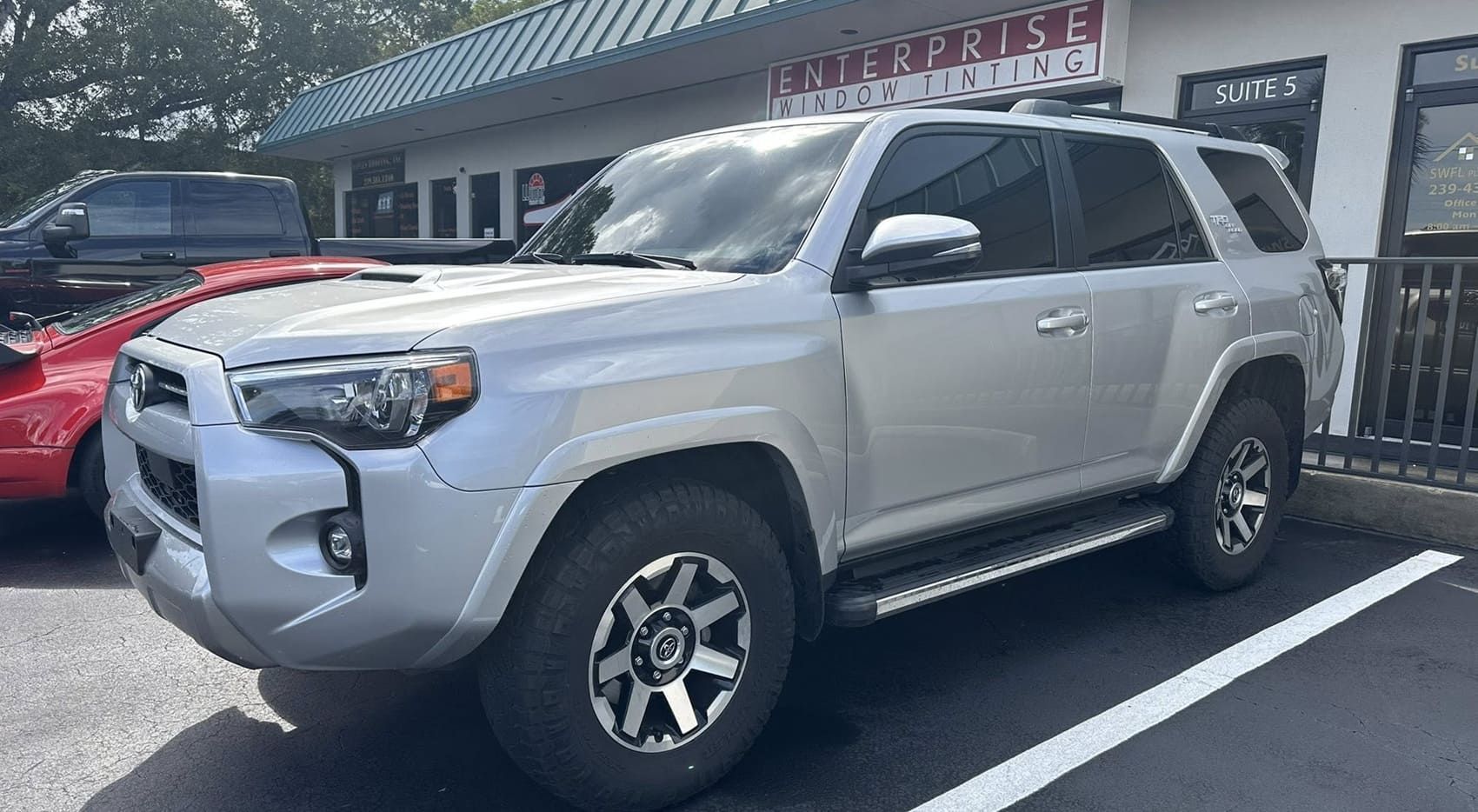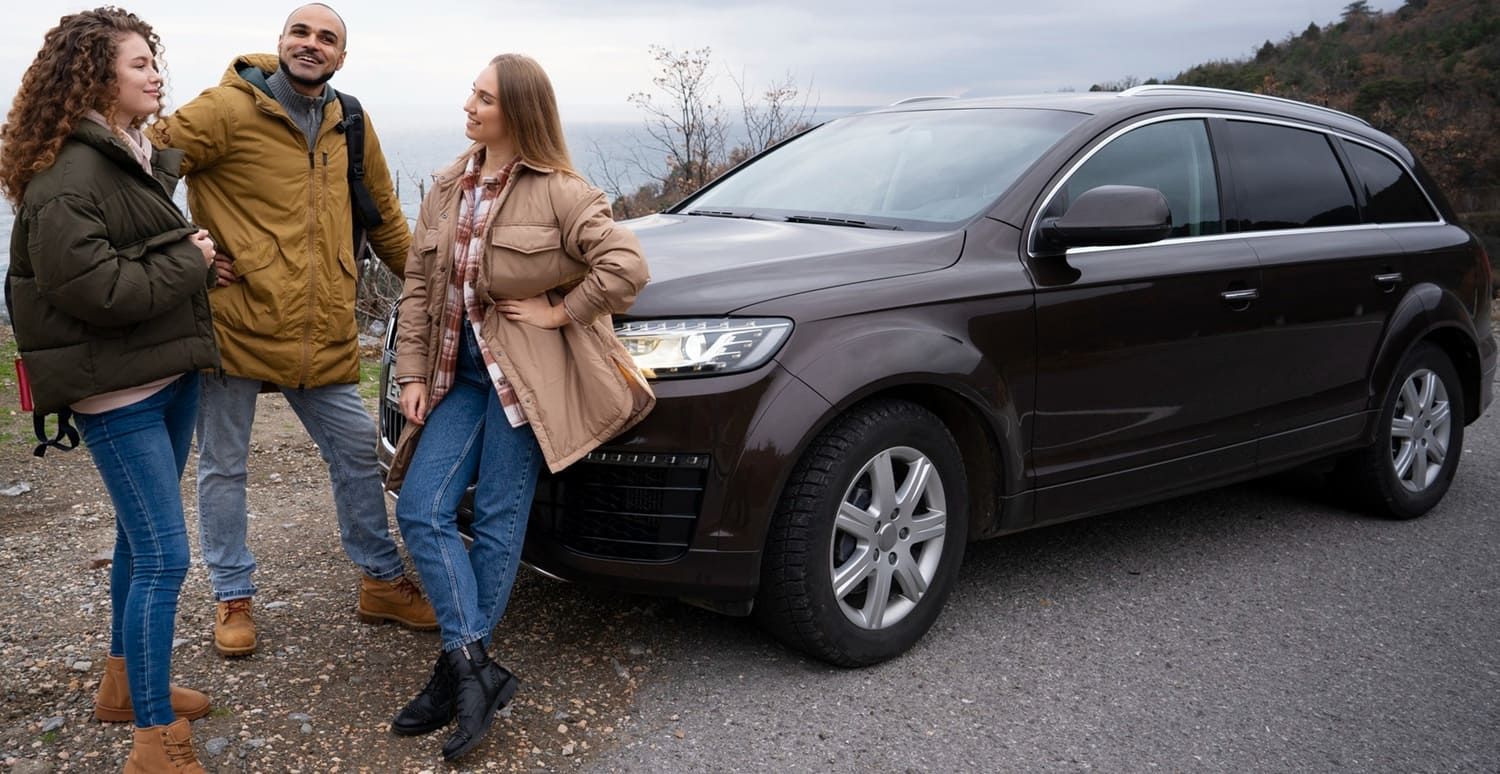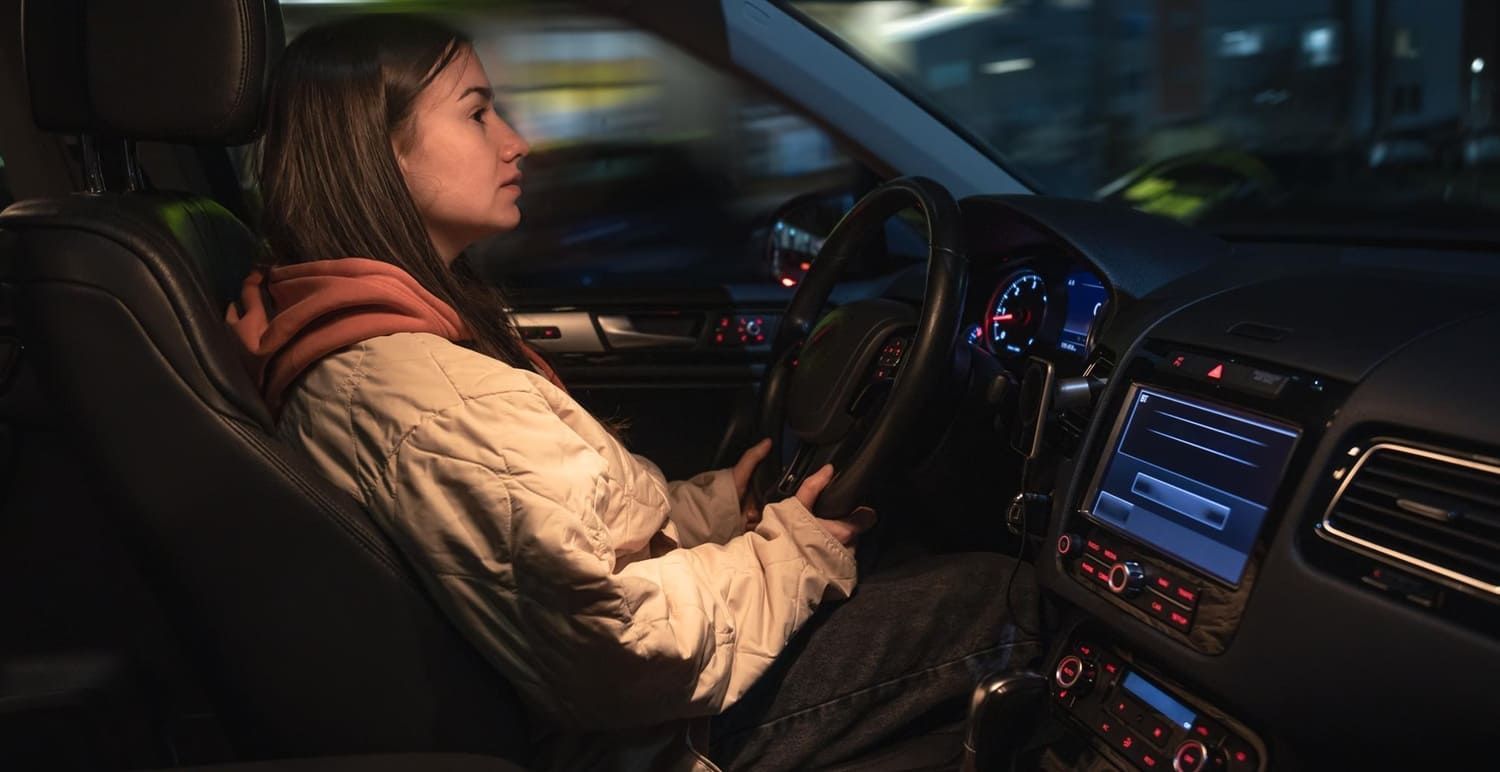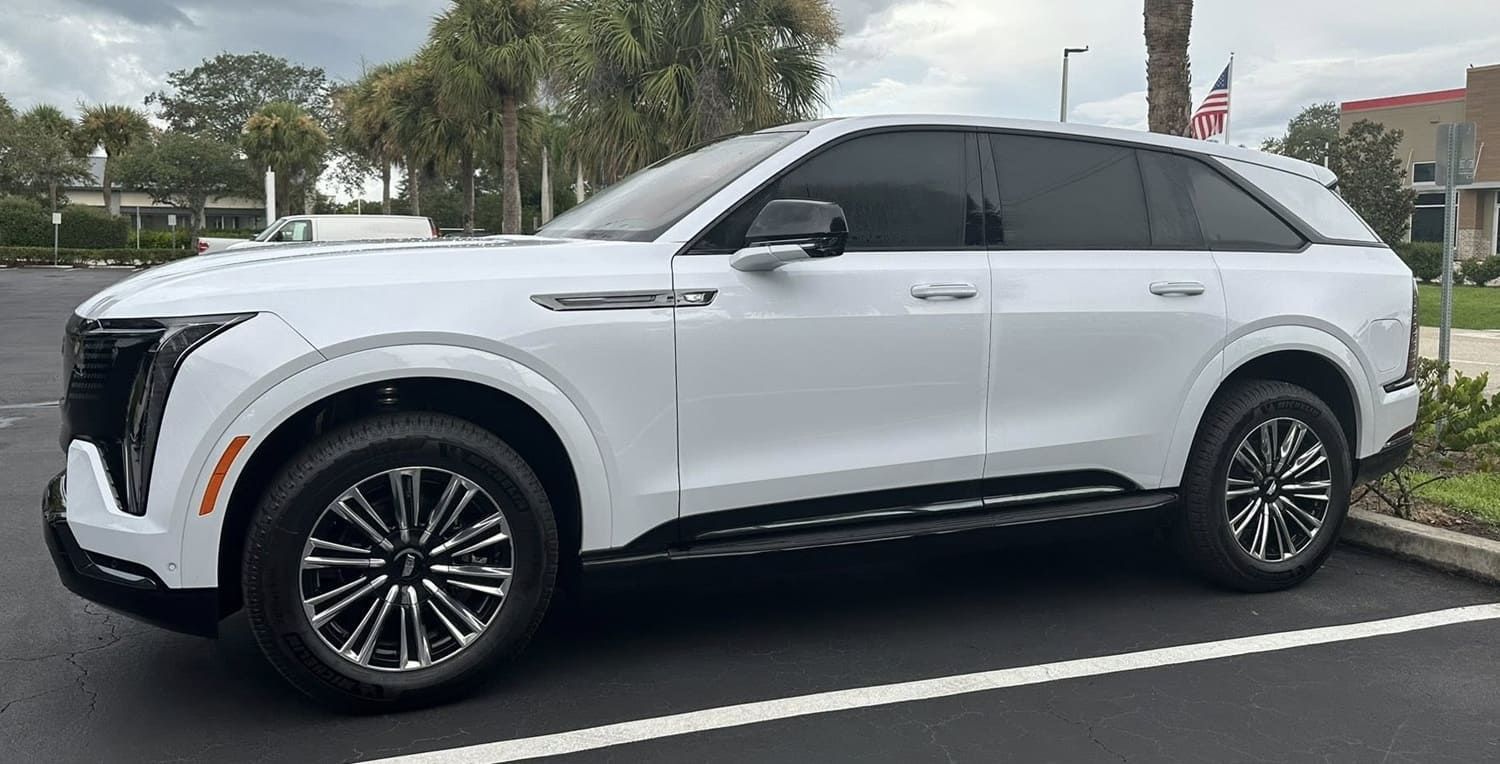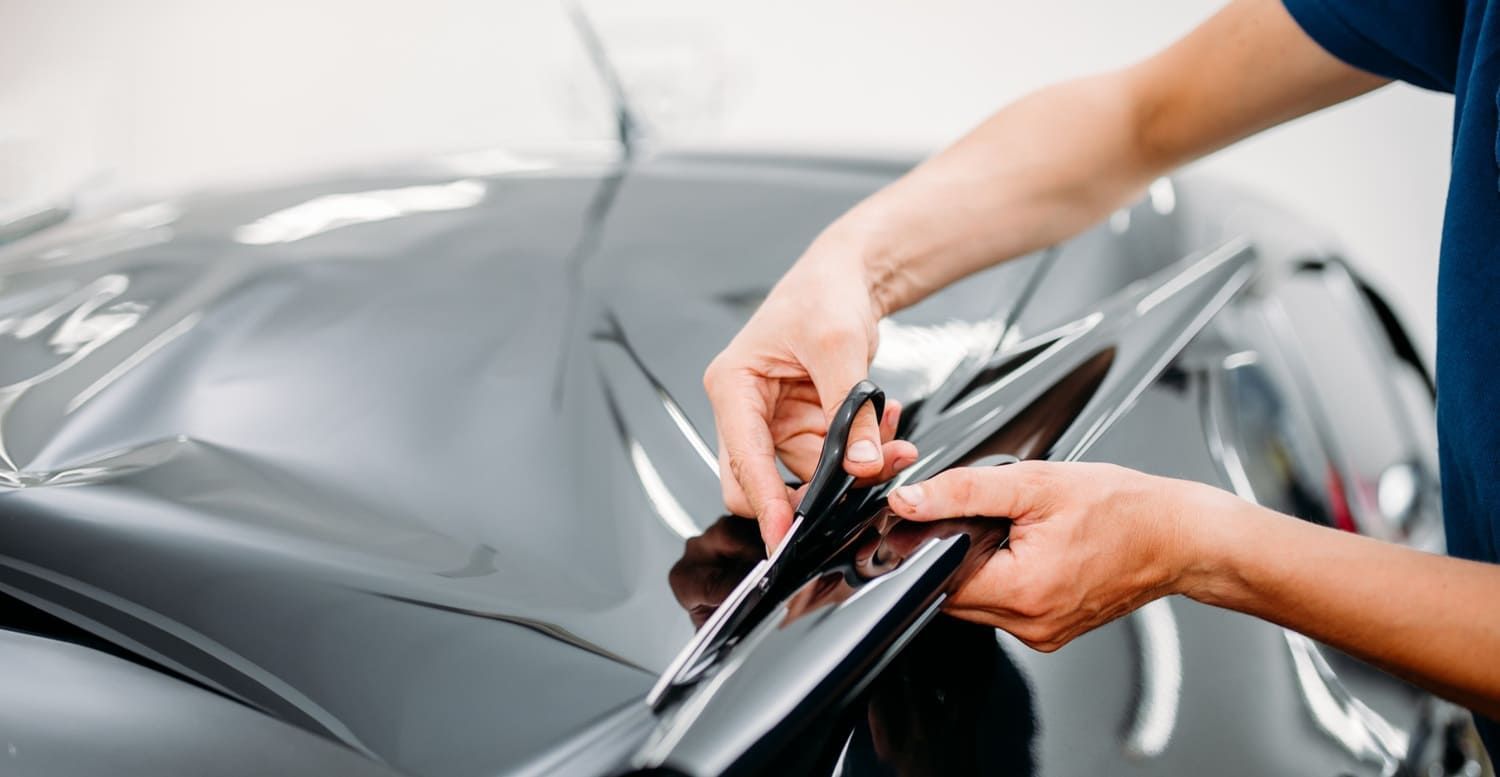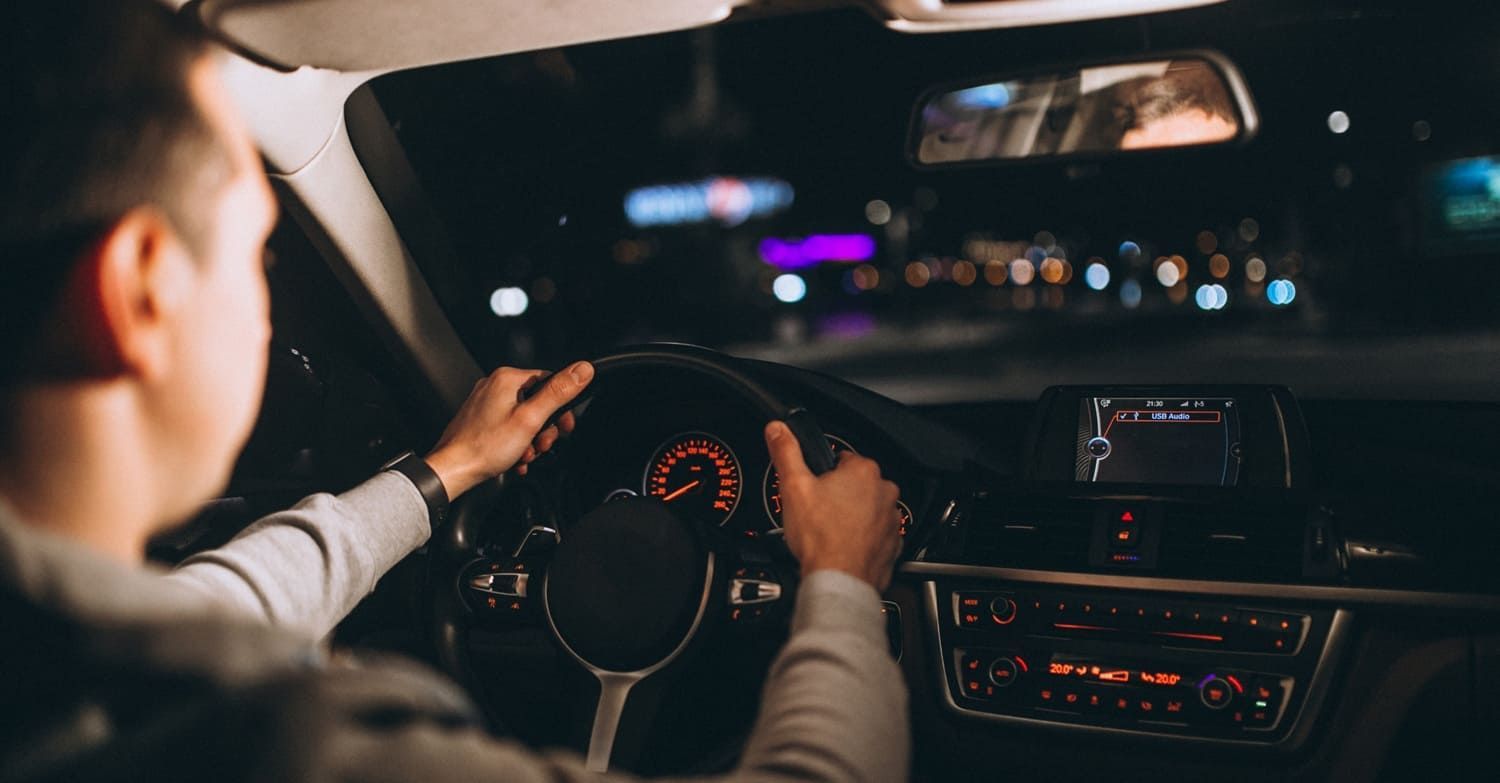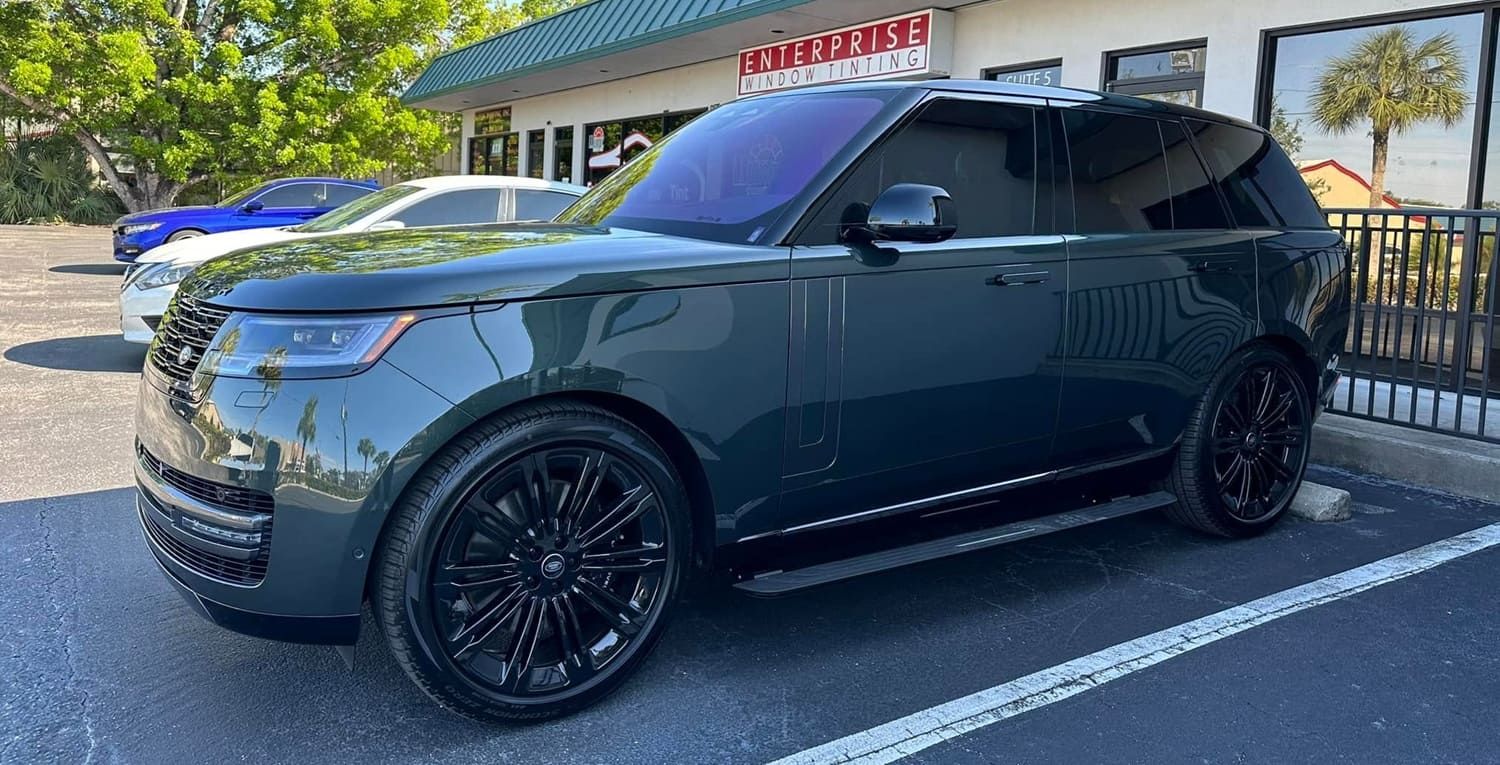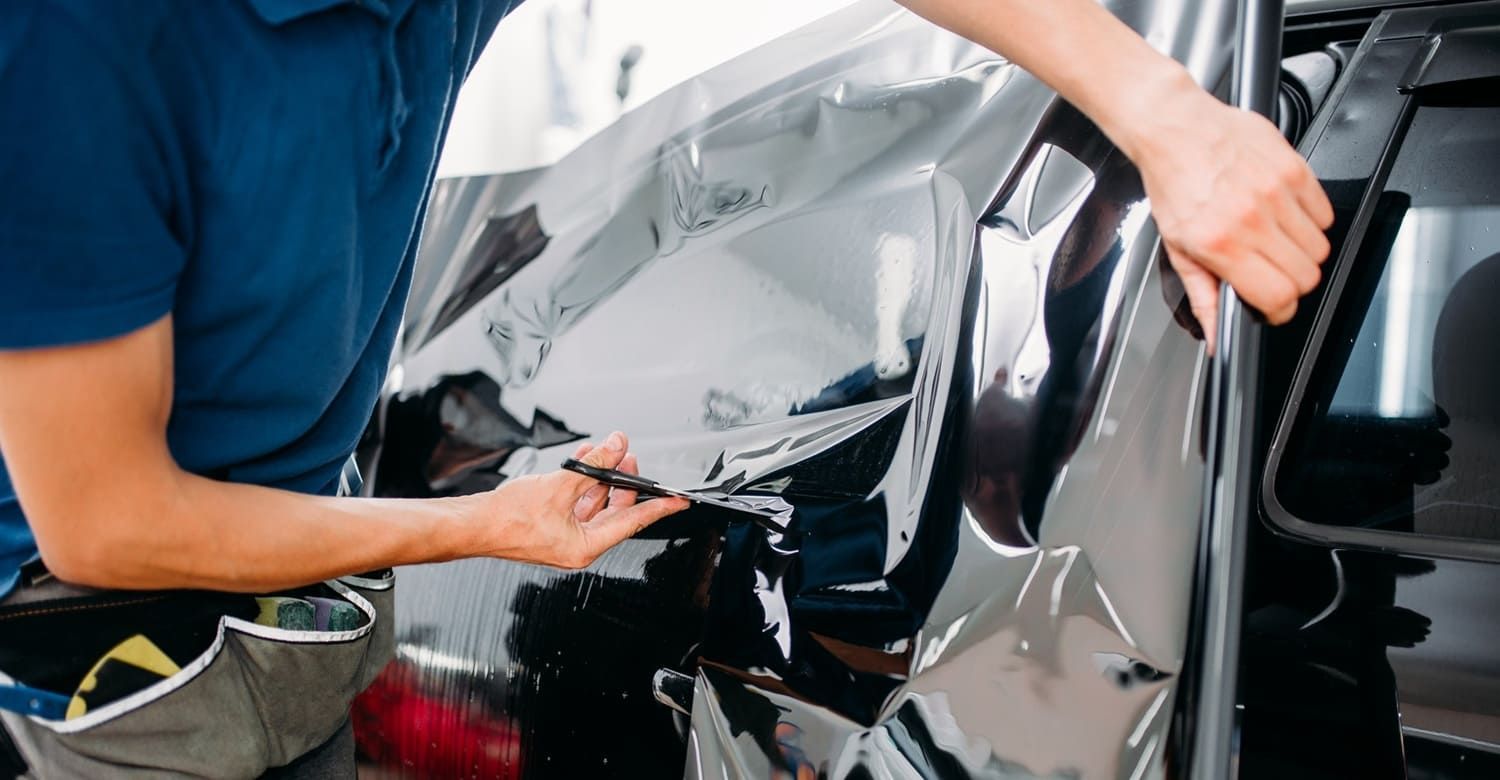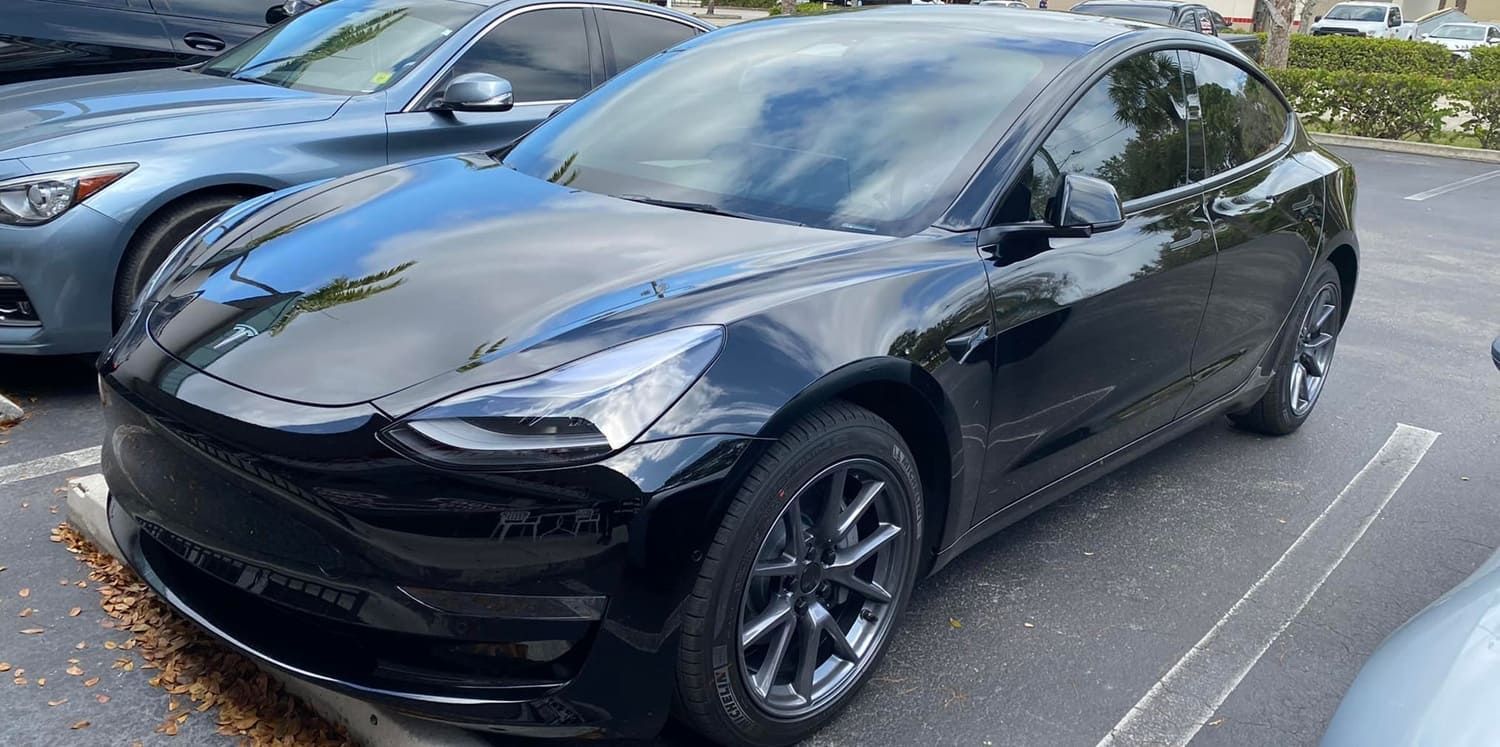Here’s Why Llumar Film for Automotive Windows Are the Perfect Addition to Your Car
Window tints are impressive features. What makes Llumar film for automotive window tinting perfect for your car? Click here to find out.
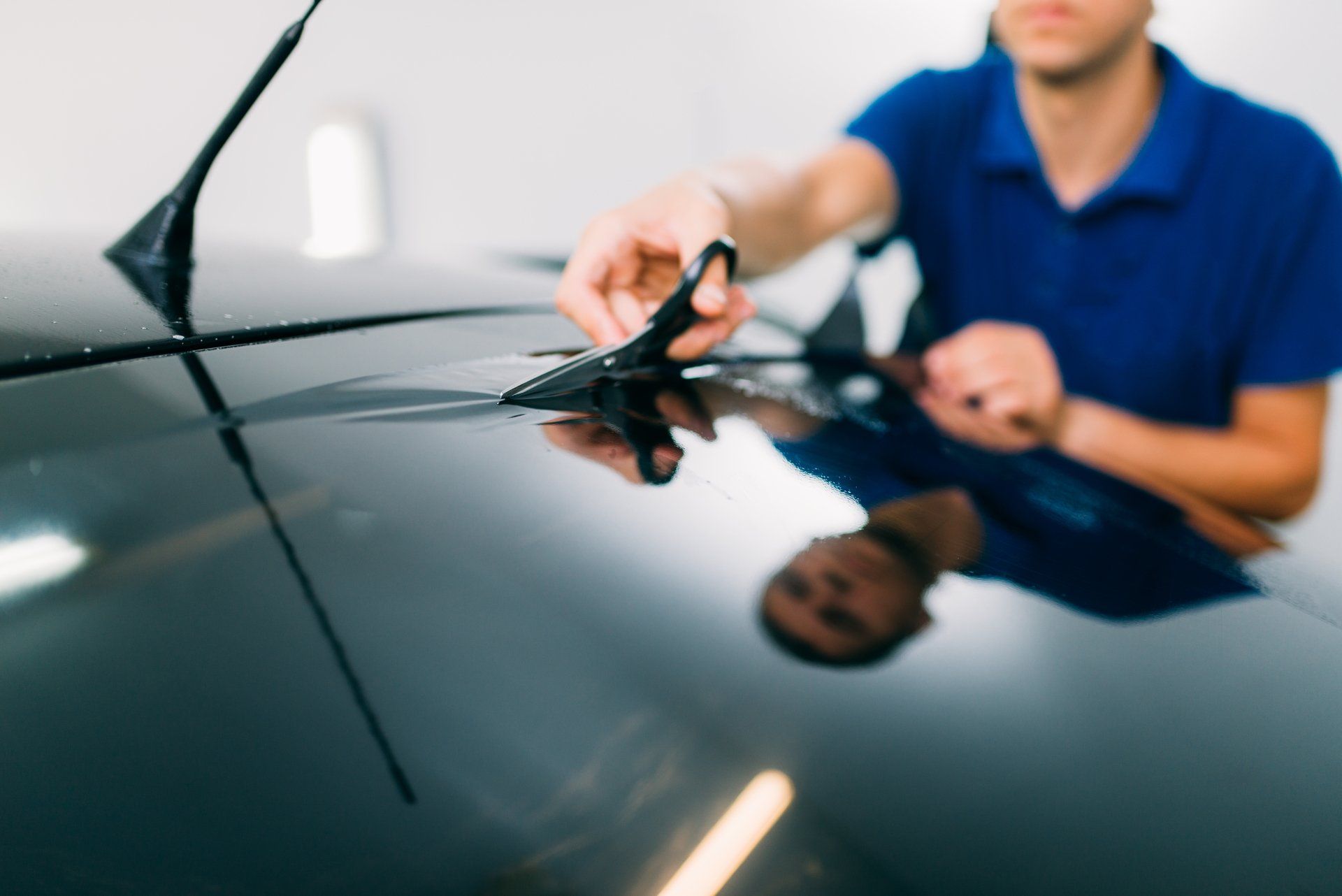
Did you know that drivers are more likely to get skin cancer on the left side of their face since it is more directly exposed to the sun? Tinted window film can protect your skin and regulate the auto interior temperature by keeping harmful UV rays out. It can also add style and personality to your car.
There are a lot of different auto tint products and brands on the market; it can be challenging to know where to start. Llumar film is one of the most renowned tinting products available today. However, due to the company’s outstanding credibility and reputation, it only allows licensed dealers to install its products.
If you want to learn more about Llumar automotive film and the benefits it affords, keep reading. The information below will explain why it’s the premier choice for tinted window film and why it is the right choice for your vehicle.
Benefits of Window Tint
The sun’s UV rays can damage your skin, eyes, and the interior of your car. Overexposure can lead to skin cancer. Installing high-quality window film can block the large majority of harmful UV rays from entering your vehicle.
This light-blocking capability has the added benefit of helping you regulate the cabin temperature of your car. In addition, window film can reflect the sun’s rays during the summer and help keep heat from escaping during the winter. As a result, it can add a greater level of comfort to you and your passengers.
Auto window tint also can help reduce glare from sunlight. Again, this increases both comfort and safety while driving.
Beyond these functions, window tint adds style and privacy to your car. It not only looks good but makes any belongings you leave inside your vehicle less of a target for passers-by.
Finally, the auto film makes your vehicle windows stronger. As a result, it can protect them from break-ins or flying debris during extreme weather events.
Types of Auto Window Tint
There are five main types of auto tint: dyed, metalized, hybrid (dyed and metal), carbon, hybrid, and ceramic. They each come with assets and deficits.
Dyed Film
Dyed films are inexpensive, which makes them the most common type of auto tint. The downside is that they do not provide the same level of UV protection as other tints. They also tend to fade over time, which means they look cheap and become less effective.
Metalized Tint
Unlike dyes, metalized tints reflect sunlight using tiny metal particles. As a result, they are more effective at blocking UV rays than dyed films and can add strength to your windows.
One deficit is that metalized films can interfere with radio or GPS signals. They also are more expensive than dyed films. There also are limitations on the style and shade you can select with metalized tints.
Hybrid
Hybrid window tints combine two layers of dyed film with a thin metal layer (titanium is a typical choice). People choose this option because it has less radio and GPS interference than fully metalized films.
Hybrid films also do not have mirror-like finishes and are more affordable than metalized tints. However, they retain some of the cons of dyed films, including a shorter lifespan.
Carbon Film
A carbon window shade is made up of carbon fiber particles. They will not fade over time and can be more effective than dyed and metallic films at blocking UV rays. They also have a matte finish, which many people prefer to shinier ones found with metallic films.
Carbon is one of the best films for insulating your cabin. But it is much more expensive than dyed and metallic films.
Ceramic Tint
Ceramic tint, such as Llumar film, outperforms all other tints on every metric. It will not fade or lose its effectiveness over time. In addition, it is the only film that can block more than 99 percent of UV rays.
Llumar reflects light exceptionally well, insulating more than any dyed, metallic, or carbon tints. As a result, you can expect it to reduce temperature-raising heat by about half in your car’s cabin. In addition, ceramic tints have no metal particles, so they will not obstruct radio or GPS signals.
Llumar film uses “nanoceramic technology.” This reduces the film particles down to the smallest possible size. As a result, it affords tighter packing for superior tinting capabilities.
Like metallic tints, Llumar makes your windows more resistant to shattering. It also is the best at diverting glare. Even lighter shades of tint are as effective as much darker metallic or carbon films.
Llumar tint is built to last the test of time. It will not fade like many other lower-quality brands. In addition, it is less susceptible to scratching and has a lifetime warranty.
The only downside for ceramic tint is the price. But the higher price tag could easily pay for itself over time since you can expect the product to last the duration of your vehicle. And the ceramic film will perform the same in 15 or 20 years as it does the day you install it.
Variations in State Laws
Note that the percentage of translucence allowed on different windows in your car varies widely depending on where you live. For instance, some states allow any level of tint on front side windows, while others prohibit it altogether. States also have different limits on how far tint extends from the top of your windshield.
One easy way to ensure that your tint job complies with the law is to use a reputable installer. This also allows you to make your tint as dark as possible without crossing a line.
Find Llumar Film Near You
Now that you have an idea of the many advantages of Llumar film, you can find a reputable installer in your area. In addition, you can be sure that any shop that is an authorized Llumar dealer will have the experience and expertise to do the job right.
Enterprise Window Tinting specializes in premium automotive window tinting installations and is an authorized Llumar window film dealer. Reach out to us today for a free quote and consultation.
